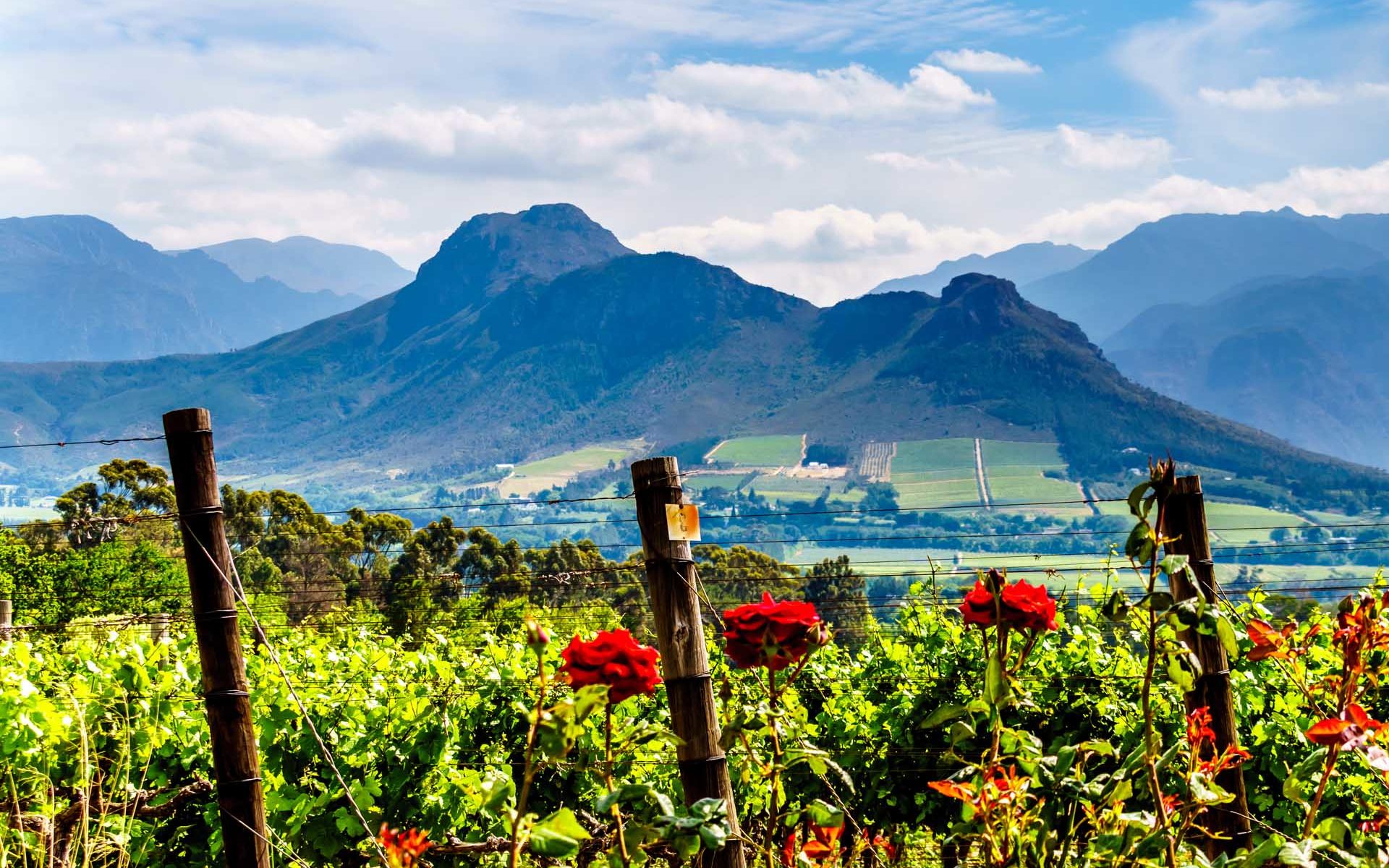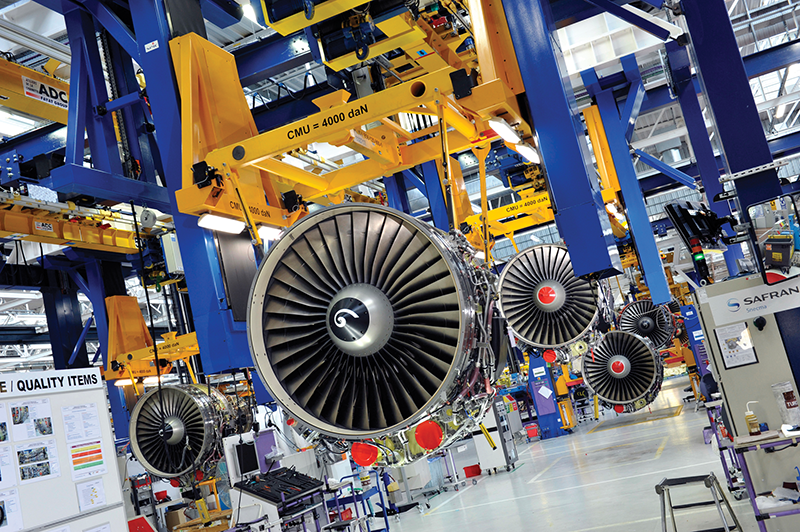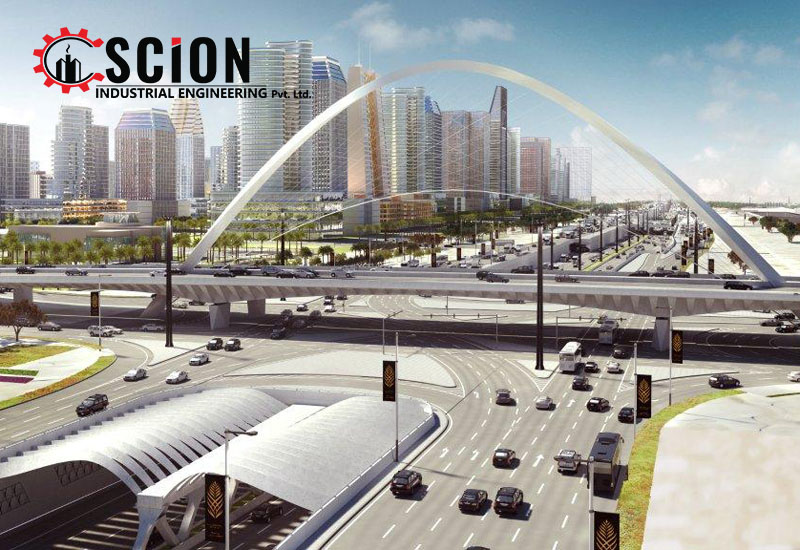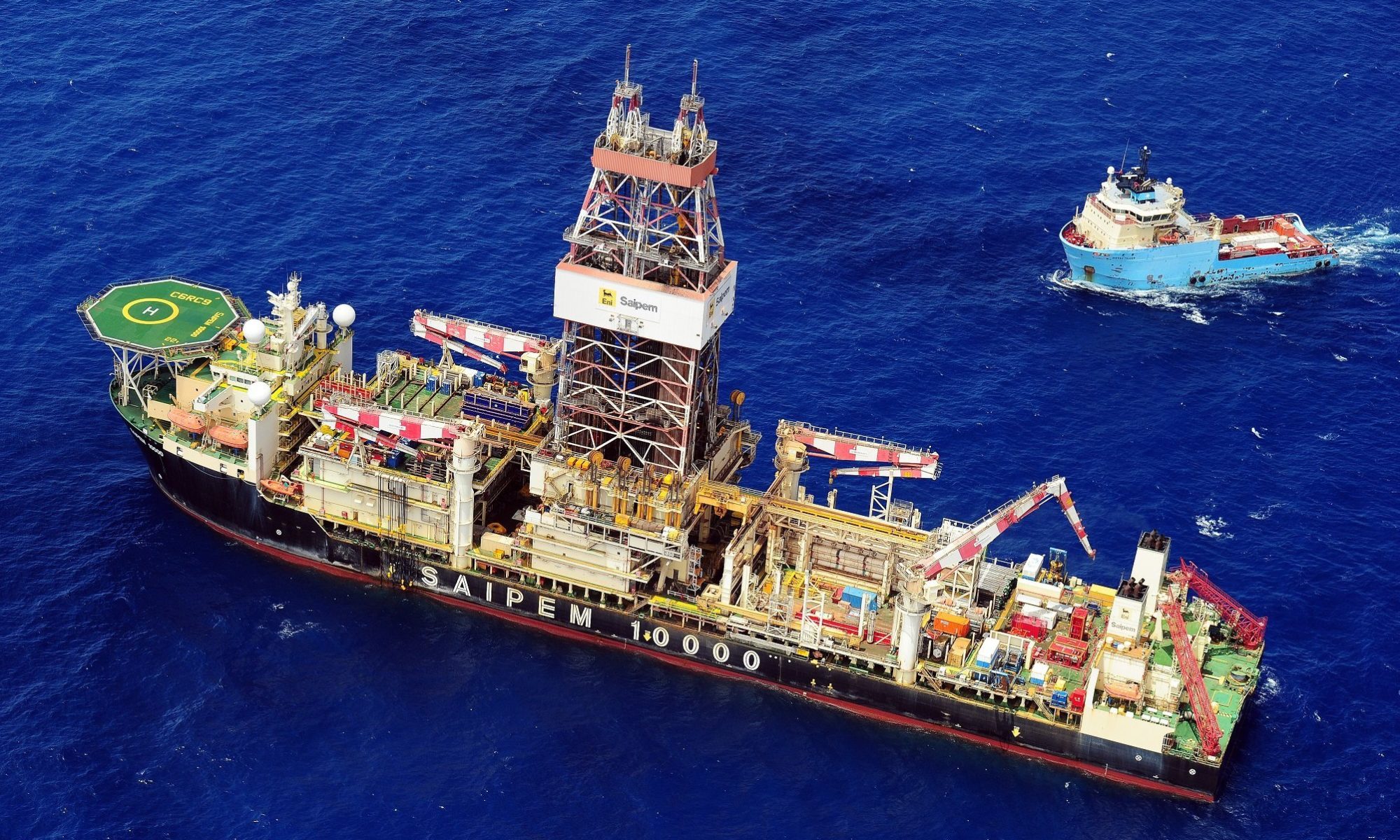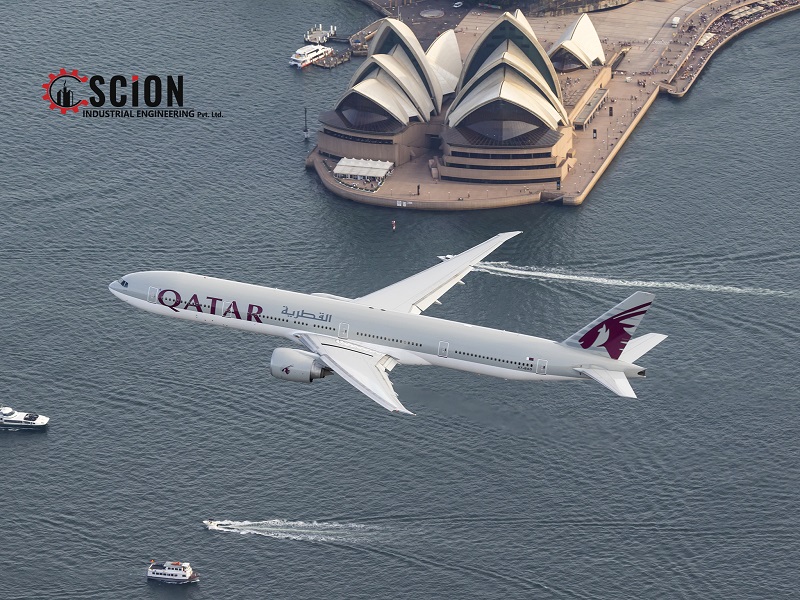The United Nations in Iraq has welcomed commitments made at COP26 in Glasgow but stresses the need for urgent action on these promises to limit climate change’s adverse impacts on human rights and sustainable development in Iraq.
Commitments made at the UN Framework Convention on Climate Change (UNFCC) conference – attended by a Government of Iraq high-level delegation from representatives of the ministries of Environment, Finance, Foreign Affairs, Higher Education, Industry and Oil, as well we representatives from the private sector – include:
• The announcement of an additional $US356 million to the Adaptation fund which will increase the resilience of vulnerable communities on the frontline of climate change. This stronger commitment paves the way for greater resources to avert, minimise and address loss and damage in Iraq.
• The Breakthrough Agenda, an international strategy to deliver clean and affordable technology everywhere by 2030, signed by more than 40 world leaders. This commitment is critical to helping Iraq’s gradual energy transition and accelerating low carbon solutions.
• The Global Forest Finance Pledge, a commitment to end deforestation by 2030 will help Iraq scale up its forest conservation efforts, facilitate trade to promote sustainable development and increase rural employment opportunities.
• A commitment to improving transparency and environmental integrity through the implementation of Article 6 of the Paris Agreement on international emissions trading. Iraq fully supports an independent mechanism to redress potential harms and support the creation of new markets for carbon unit trading by both public and private sectors.
Additionally, the Glasgow Climate Pact cites several areas of cooperation relevant to Iraq, including the need to boost funding for diverse climate technologies and a stronger commitment to capacity building. “Iraq is a country vulnerable to the negative impacts of climate change – one of the most vulnerable in the region and indeed the world. We are grateful to the United Nations Development Programme in Iraq for its ongoing support to climate action in Iraq, and for supporting the delegation to this important conference,” says Iraq’s Acting Minister for Environment, Dr Jassem Al-Falahi.
The United Nations Secretary-General’s Deputy Special Representative for Iraq and Resident Coordinator Irena Vojáčková-Sollorano emphasises the UN in Iraq’s commitment to urgent action on climate change. “Climate Change in Iraq is a severe threat to fundamental human rights and creates barriers to sustainable development. Across the UN system in Iraq, we are working on the key components of climate action – from awareness-raising and adapting to climate change, to mitigating its risks. With COP26 now done and dusted, we urge world leaders to make good on their promises, many which are critical to supporting a cleaner, safer and greener Iraq,” she says.
Resident Representative of UNDP Iraq, Zena Ali Ahmad acknowledged UNDP’s role in supporting the COP26 delegation and Iraq’s formal submission of its Nationally Determined Contribution (NDC) – the country’s central policy for driving climate action. “UNDP Iraq was proud to support the Government of Iraq’s formal submission of its NDCs, as well assisting the delegation to COP26 to ensure Iraq’s needs were firmly placed on the global agenda. Our support to the country’s fight against climate change does not end with COP26, and we look forward to continuing our work with the Government, UN partners, the international community and others to implement Iraq’s NDCs and turn the conference outcomes into tangible actions,” she says.
Source:https://reliefweb.int/report/iraq/cop26-negotiations-conclude-call-urgent-climate-action-iraq-louder-ever-enar

